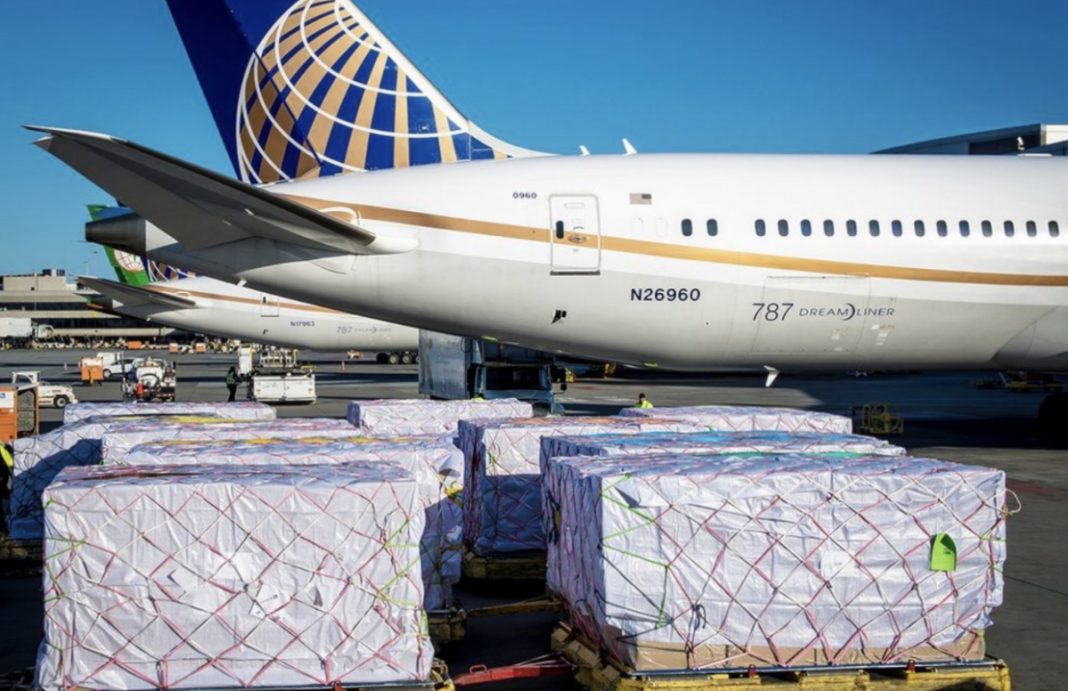As the world edges closer to finalizing a COVID-19 vaccine, some airlines are already preparing to ship them. To ensure distribution efforts run efficiently, carriers are readying essential facilities like cold storage and cargo planes to be ready when the time comes.

This comes despite very little information on where vaccines will be manufactured, and what temperature they need to be kept at. Nonetheless, after the IATA last month warned carriers and authorities of the pressing need for preparation, many are now taking action.
What steps are airlines taking?
In a press release, Korean Air detailed its preparations to transport the vaccine once it becomes available. The airline has formed a ‘vaccine transport task force’ to lead its efforts. Cold storage facilities are being prepped to store vaccines, essential equipment stockpiled and security measures fine-tuned.

Technological innovations including temperature-controlled shipping containers will make the task easier for airlines. United Cargo became the first US-based airline to lease these containers back in April. In August, Russian Airline AirBridgeCargo trialed cargo flights to gauge its readiness in transporting vaccines.
Who else is preparing?
Airports are following suit by getting involved in the preparation work, with Amsterdam Schiphol Airport forming its own task force. Current preparations involve planning for four different temperature scenarios, dependent on how cold vaccines need to be stored.
Frankfurt Airport has also been preparing its cargo facilities for the eventual rollout of a vaccine. This includes over 12,000 square meters of temperature-controlled facilities and 20 transporters capable of maintaining cold temperatures.
Why preparation is so important
Once a COVID-19 vaccine is cleared for global use, distribution will be the most difficult task. Many planes are currently grounded and will take months to get back into service, slowing the distribution efforts. Additionally, pre-existing vaccine programs for other diseases have already suffered from the impact of the pandemic.

Most vaccines must be kept somewhere between 2 to 8 degrees Celsius, so cold storage facilities are absolutely essential. In some cases, vaccines need to be stored at temperatures as low as -70 degrees Celsius. Without operational cargo planes and adequate storage facilities, vaccine distribution will grind to a halt.
Shipping by air will be crucial
The logistical task of transporting vaccines worldwide is one of the most challenging obstacles the industry will ever face. Pharmaceutical and aviation leaders agree that a large bulk of vaccines will need to be shipped by air. IATA director general Alexandre de Juniac commented:
“Even if we assume that half the needed vaccines can be transported by land, the air cargo industry will still face its largest single transport challenge ever.”

The IATA has even gone on record to say “8,000 Boeing 747 freighters’ will be needed to transport a sufficient number of vaccines. The unprecedented logistical task is even more difficult given the current state of the aviation industry. According to de Juniac:
“If borders remain closed, travel curtailed, fleets grounded and employees furloughed, the capacity to deliver life-saving vaccines will be very much compromised.”
Will global vaccinations lead to a resurgence in the aviation industry?
[ad_2]
Source link


